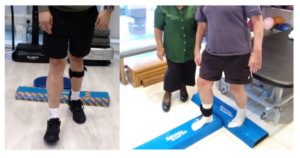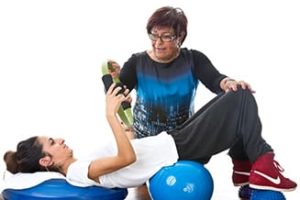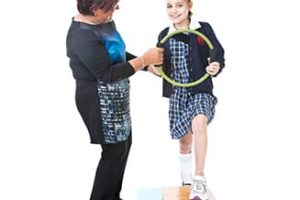Stroke is one of the leading causes for disability in adults. Approximately two-thirds of stroke
patients suffer from impaired mobility. Therefore, effective rehabilitation training is an
important factor for the person’s quality of life. Most recent research advocates intensive,
progressive and task-related mobility training, with evidence for intensive gait training
especially during the early stage after stroke.
At Birkdale we customise gait training according to person’s current needs, keeping in mind
that gait training should be progressive with an increase of speed, difficulties or complexity
over time. We implement task specific and goal – oriented training combined with motor
imagery, usage of walking devices (e.g. hiking stick, AFO), the use of functional electrical
stimulation (FES), balance mats, treadmill training, immersive digital technologies
(MindMotionGo), and more.
At Birkdale we understand that isolated balance training does not lead to an improvement of
balance during walking or to a reduction of falls. This is why we integrate dynamic balance
training into a motor relearning program with a focus on activities of daily living.
To improve comfortable walking speed, strength and aerobic endurance we introduce
rhythm, mental observation and motor imagery. As a team we strongly care about our
patient’s wellbeing, and we encourage self-reflection and mindfulness. Nervous system
responds better when the patient’s mind is calm. Everything in the clinic’s environment, the
colours and artwork encourage calm and tranquillity which enables the person to focus on
their rehabilitation.
At Birkdale we will support you towards achieving your goals by creating holistic, specific to
your needs physiotherapy program and we will be there for you at every stage of your
recovery process.




